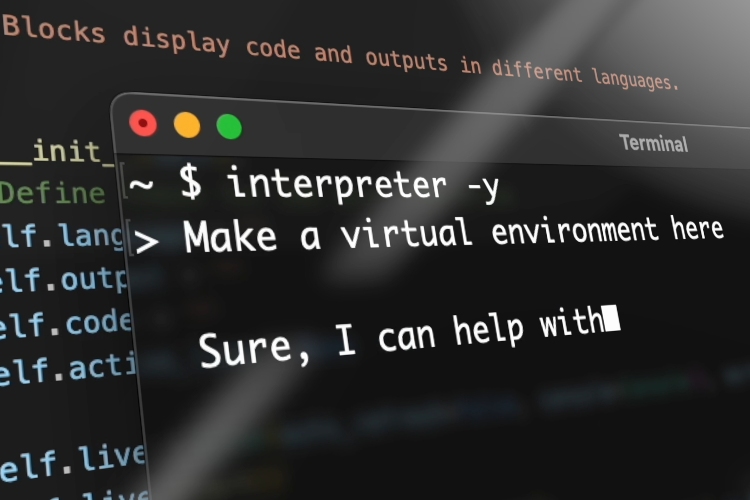- The article discusses the launch of ChatGPT, a language model developed by OpenAI.
- ChatGPT is a free and easy-to-use AI tool that allows users to generate text-based responses.
- The article explores the implications of ChatGPT for various applications, including homework assignments and code generation.
- It highlights the importance of human editing and verification in the context of AI-generated content.
- The article also discusses the potential impact of ChatGPT on platforms like Stack Overflow and the need for moderation and quality control.
The main topic of the article is the development of AI language models, specifically ChatGPT, and the introduction of plugins that expand its capabilities. The key points are:
1. ChatGPT, an AI language model, has the ability to simulate ongoing conversations and make accurate predictions based on context.
2. The author discusses the concept of intelligence and how it relates to the ability to make predictions, as proposed by Jeff Hawkins.
3. The article highlights the limitations of AI language models, such as ChatGPT, in answering precise and specific questions.
4. OpenAI has introduced a plugin architecture for ChatGPT, allowing it to access live data from the web and interact with specific websites, expanding its capabilities.
5. The integration of plugins, such as Wolfram|Alpha, enhances ChatGPT's ability to provide accurate and detailed information, bridging the gap between statistical and symbolic approaches to AI.
Overall, the article explores the potential and challenges of AI language models like ChatGPT and the role of plugins in expanding their capabilities.
Claude, a new AI chatbot developed by Anthropic, offers advantages over OpenAI's ChatGPT, such as the ability to upload and summarize files and handle longer input, making it better suited for parsing large texts and documents.
OpenAI has launched ChatGPT Enterprise, a business-focused version of its AI-powered chatbot app that offers enhanced privacy, data analysis capabilities, and customization options, aiming to provide an AI assistant for work that protects company data and is tailored to each organization's needs.
AI-powered chatbots like OpenAI's ChatGPT can effectively and cost-efficiently operate a software development company with minimal human intervention, completing the full software development process in under seven minutes at a cost of less than one dollar on average.
GitHub has expanded the availability of Copilot Chat, a programming-centric chatbot, to all current individual subscribers, allowing developers to have multiturn conversations about coding and receive real-time guidance without leaving the IDE.
Open source and artificial intelligence have a deep connection, as open-source projects and tools have played a crucial role in the development of modern AI, including popular AI generative models like ChatGPT and Llama 2.
OpenAI is set to release DALL·E 3, an upgraded text-to-image tool integrated with ChatGPT, allowing users to generate more detailed image descriptions and make tweaks to existing images; GitHub has launched Copilot Chat, its AI code generator software, expanding its code generation capabilities for individual developers; Amazon is updating its voice assistant Alexa with a custom-built large language model, making it more conversational and flexible in its responses.
OpenAI is exploring various options, including building its own AI chips and considering an acquisition, to address the shortage of powerful AI chips needed for its programs like the AI chatbot ChatGPT.
